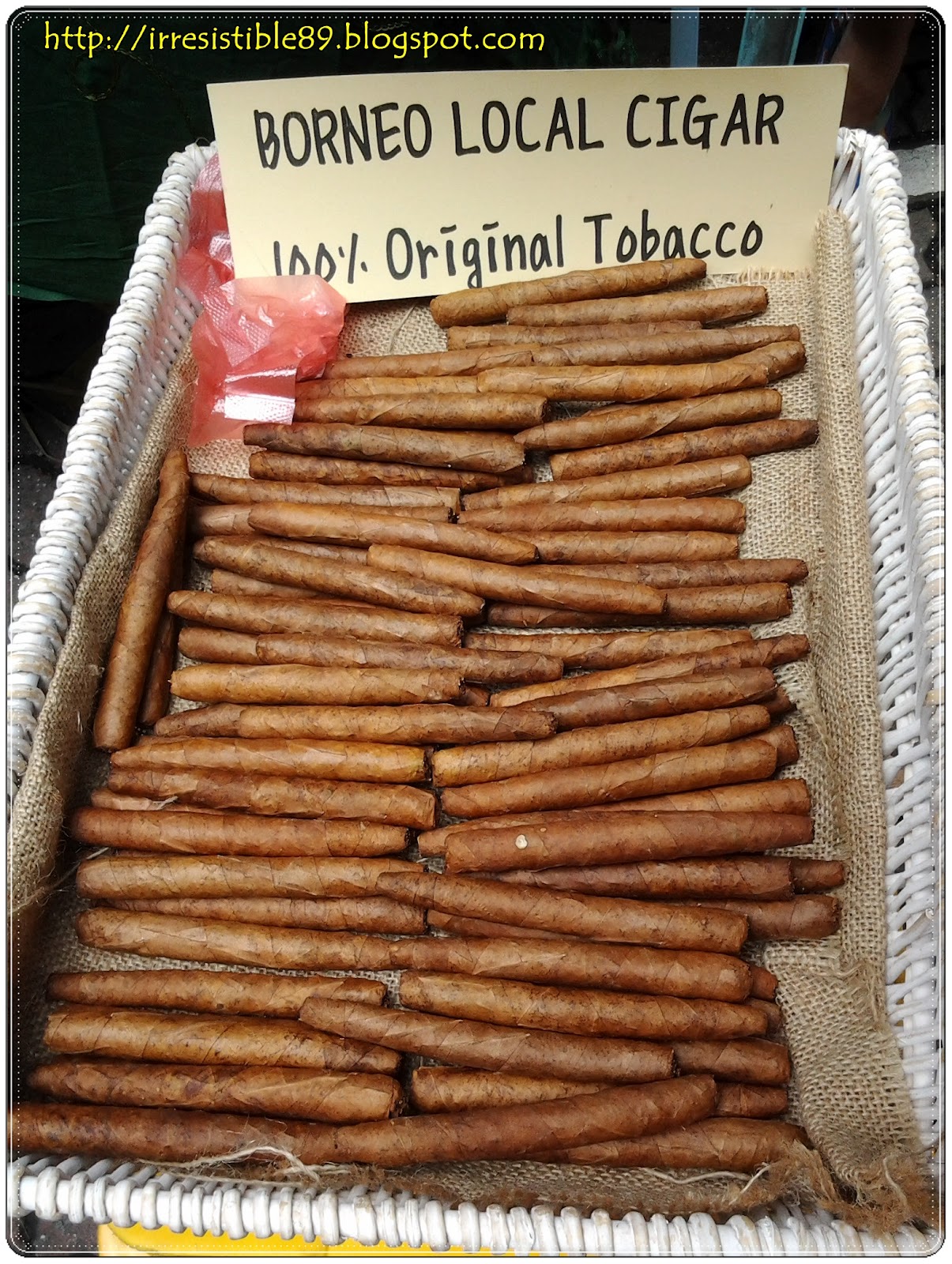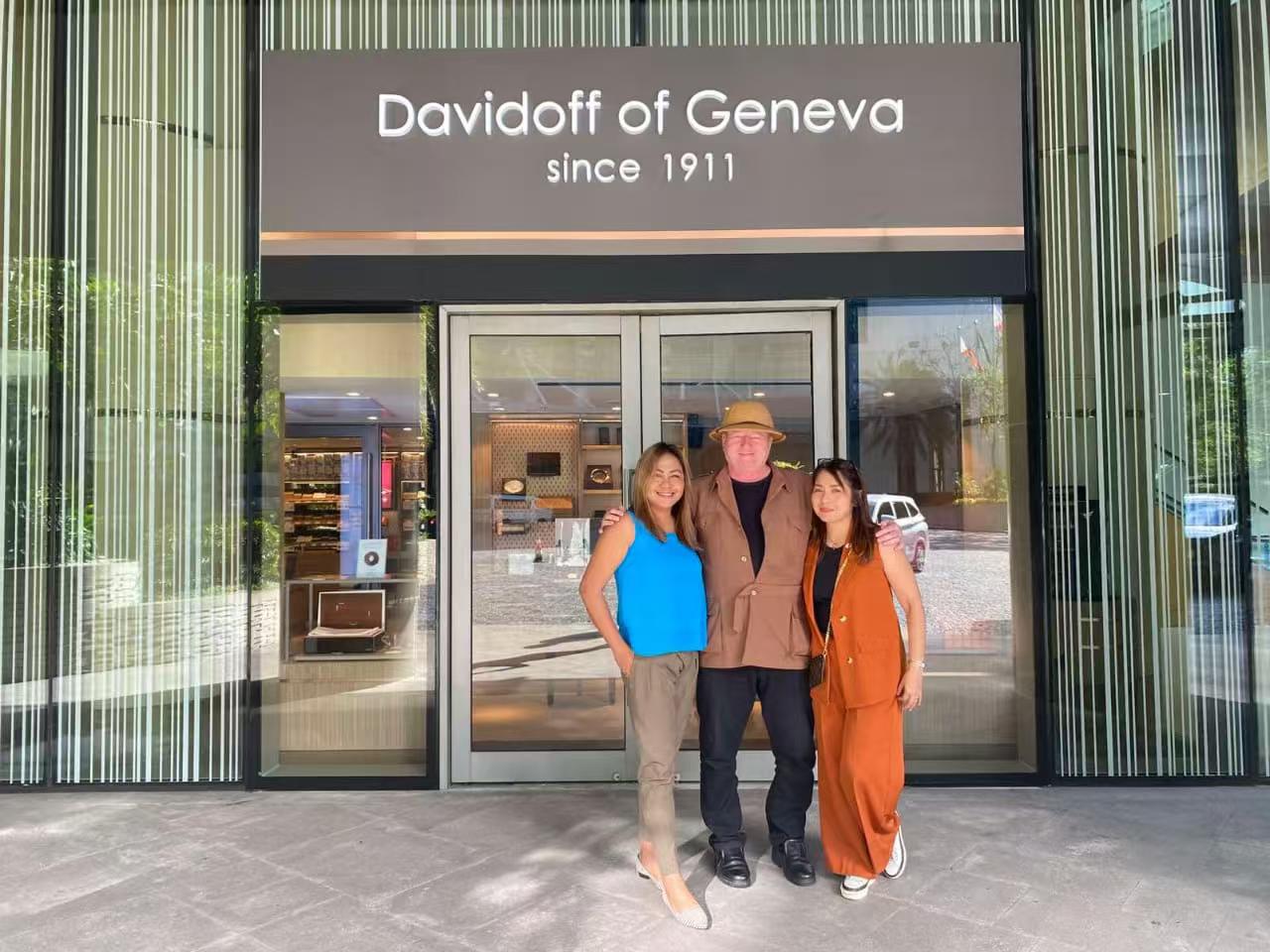Jake Sanders, Editor at Large
Recently, in the lush rainforests of Borneo, I discovered that a remarkable tradition is experiencing a renaissance: the art of making traditional Borneo cigars. These hand-rolled cigars, known locally as “daun nipah,” have captivated both locals and tourists alike, as they represent a unique blend of culture, craftsmanship, and heritage.
Historically, the indigenous communities of Borneo have crafted these cigars from the leaves of the nipah palm, which thrive in the coastal mangroves of the region. The process of making these cigars is labor-intensive and requires a deep understanding of the natural materials involved. Artisans meticulously select the leaves, prepare them, and roll them by hand, infusing each cigar with the rich flavors of the Borneo ecosystem.
In recent years, there has been a growing interest in traditional cigars among younger generations. Many are rediscovering this ancient craft, eager to learn the techniques passed down through generations. “It’s not just about smoking; it’s about preserving our culture,” says Tuan Ahmad, a master cigar maker in Sarawak. “Each cigar tells a story, connecting us to our ancestors and the land.”
The resurgence of Borneo cigars is also being fueled by the rising popularity of artisanal products globally. Tourists visiting Borneo are increasingly seeking authentic experiences, and traditional cigars have become a sought-after souvenir. Local markets and shops are now showcasing these unique products, often accompanied by stories of their cultural significance.
Moreover, initiatives aimed at promoting sustainable practices within the cigar-making industry have gained traction. Many artisans are now focusing on eco-friendly methods, ensuring that their practices do not harm the delicate rainforest ecosystem. This commitment to sustainability not only preserves the environment but also enhances the appeal of Borneo cigars to environmentally conscious consumers.
Cigar festivals and workshops have also emerged, drawing enthusiasts from around the world. These events celebrate the artistry of cigar making, featuring tastings, demonstrations, and discussions about the cultural and historical significance of Borneo cigars. Such gatherings foster a sense of community and help to ensure that these traditions continue to thrive.
As the world becomes increasingly homogenized, the revival of traditional Borneo cigars serves as a reminder of the rich cultural tapestry that exists within this vibrant region. With each puff, smokers are not just enjoying a moment of relaxation; they are partaking in a centuries-old tradition that honors the land and its people.
As interest continues to grow, the future of traditional Borneo cigars looks promising. With dedicated artisans and a new generation eager to learn, this unique cultural heritage is poised to thrive for years to come, ensuring that the legacy of Borneo cigars remains alive in the hearts and hands of those who cherish it.



